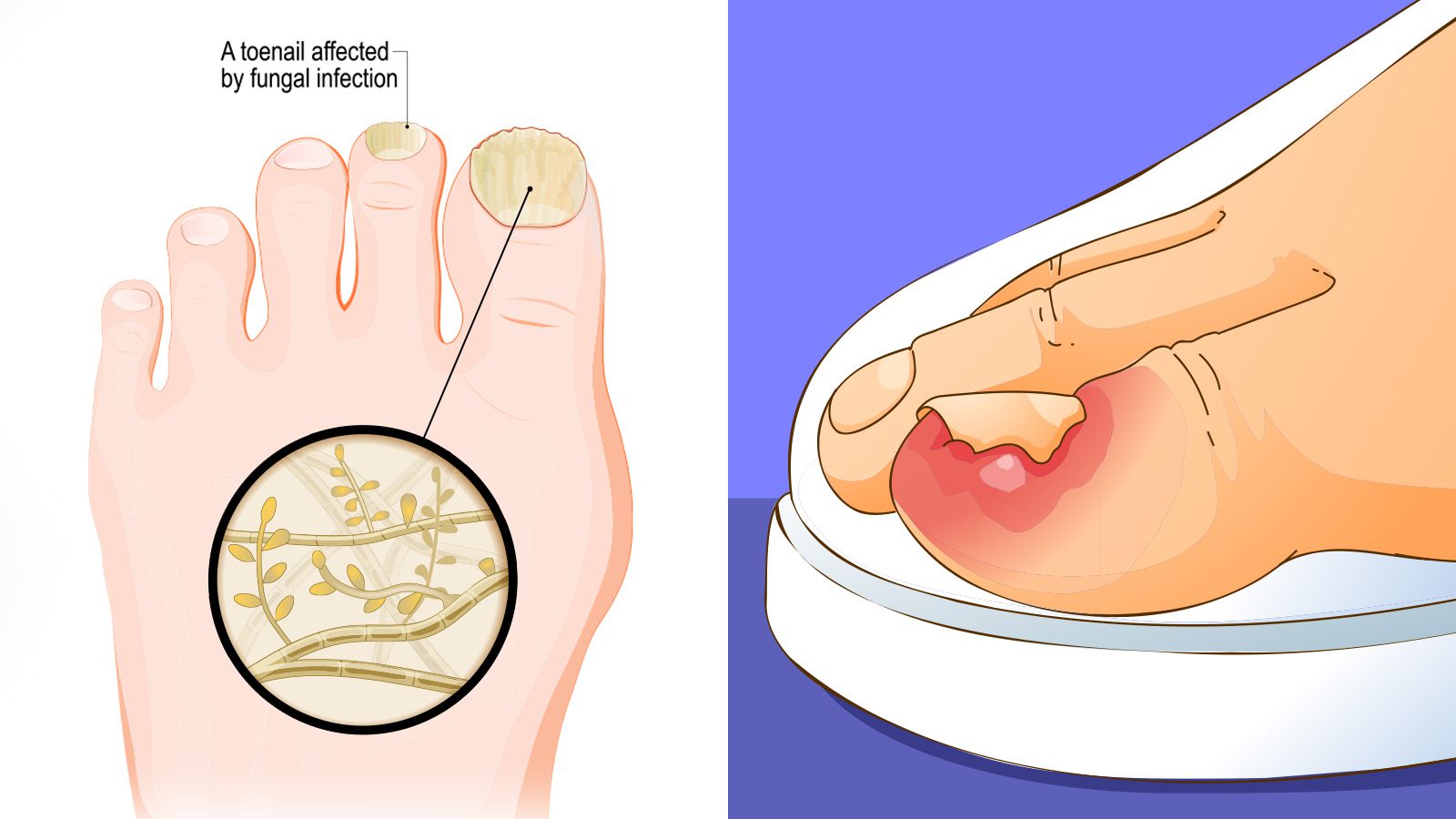“It’s often said that people hate change. As a biologist and executive coach, I’d say, more specifically, it’s our tired and worn our brains that hate it.” – Margaret Moore
To learn anything is to demand a lot of our brain. As Margaret Moore, CEO of Wellcoaches Corporation explains, “From your brain’s point of view, change means learning something new; which means creating new connections. That is a complex biological process which doesn’t go well if the brain isn’t ready for it.”
The current state of our overworked lives makes it difficult for the brain to reserve energy – and, hence, to produce energy when needed. Energy is a finite resource within the body – it must be monitored and replenished, or we will quickly burn out. Couple the busy-ness of everyday life with unhealthy eating/sleeping/lifestyle habits, and it becomes nearly impossible for our brains to keep up.
The good news is that you can reverse that trend with a few simple changes.
Here are a few easy ways to do this:
1. Improve Your Habits
Your habits either support or suppress function and growth. For example, research shows that brain cells produce nerve growth factors (NGF) with just 30 minutes of moderate daily exercise. Sleep and a balanced diet help the brain learn and remember things much easier.
Moderate exercise, regular sleep, and a proper diet are the three most important components of replenishing your brain’s resources. Further, when we practice all three of these habits on a regular basis, we encourage cellular growth.. Neuroplasticity makes it possible for us to expand the cognitive properties throughout life! And our habits have a huge influence on this process.
2. Challenge It
Just as our body requires exercise to gain muscle and increase endurance, our brain needs similar training. A powerful way to challenge the brain is to increase cognitive flexibility. For example, reading something for 30 minutes encourages the accumulation of new ideas, perspectives, and interests. You may also engage in activities that expand your current knowledge on a subject.
Working memory is the raw material for creativity. This raw material can be built up through the absorption of new information.
3. Give it a rest
Most scientists state that our brain contains nearly 100 billion neurons. Despite weighing only about 3 pounds, it consumes 20 to 25 percent of our body’s energy resources. It monitors and controls pretty much everything that we do.
Therefore, it gets tired quickly. Experts recommend taking a “brain break” at least every hour, or more often if you feel tired and stressed.
A few ideas: get out of your chair and walk, shift to an easy task like some light cleaning, do a set of pushups, or just let your mind daydream. Moore states “Many creative breakthroughs arrive when your brain is defocused,” so make sure to give it a rest once in a while.
4. Think positive
If you’re dwelling on the negative, your brain cannot perform at peak levels. In fact, research has shown that it’s impossible to hold a negative and positive thought at the same time.
Negative emotions weaken creativity, thinking, memory, and planning. Positive emotions improve every one of these four capacities!
We all get caught up in negative thinking from time to time. The good news is that we can shift to positive thoughts by doing something enjoyable – it’s that simple! Find something funny on the web, talk to a friend, play a quick game, do a crossword puzzle, or something else; whatever it takes to get you into a better state of mind.
Dr. Daniel Amen, author of Change Your Brain, Change Your Life, says, “The brain is involved in everything you do. Your brain controls everything you do, feel, and think. When you look in the mirror, you can thank you brain for what you see.”
Dr. Amen is perhaps the most well-known advocate of creating a healthy “brain lifestyle.” Our brain and body are connected in so many ways that it’s difficult to comprehend.
The Buddha once said, “What you think, you become.” Neuroscience has affirmed and reaffirmed Buddha’s sentiments. We must take an active role in caring for our brain by improving our habits, engaging in novel challenges, prioritizing rest, and thinking positive thoughts.
When we do these things, we are inching closer to reaching our highest cognitive potential. The question is: Are you willing to do what’s necessary to get there?













